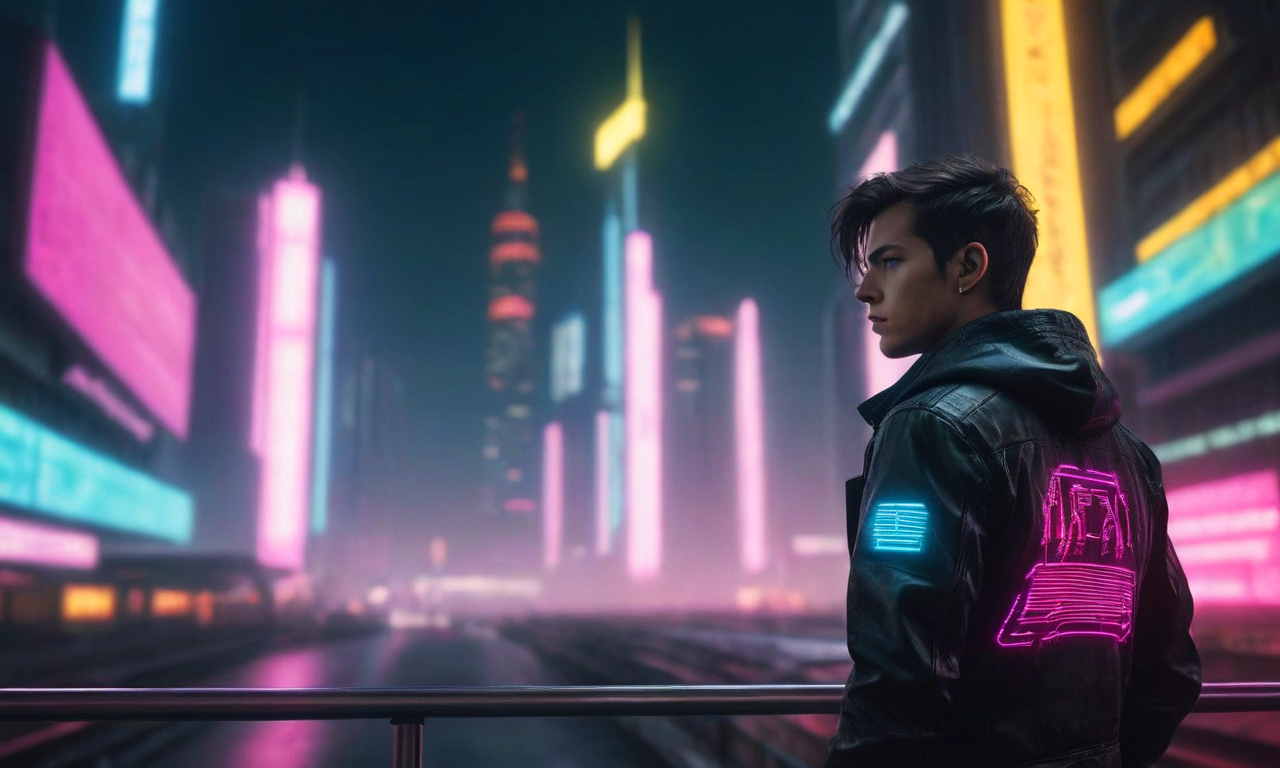
Beginning Anew In What is to Come
The world is a fascinating place, and it seems to be changing faster and faster every day. Technology is advancing at such an incredible pace that it often feels impossible for any one person to fully grasp what is possible now; or what will be possible in the near future. With so many innovations emerging, every aspect of life can feel unpredictable and overwhelming.
The social sphere is so different now, changing as quickly as everything else. Is there a place for magic in this modern world, for inner alchemy?
As a thought experiment, I might ask myself: What would I do if I were starting over at this particular moment in time? What if I were seventeen years old again, stepping into this rapidly evolving world with a fresh slate? What advice would I give to that younger version of myself, who is about to embark on life’s journey from that point yet again?
First and foremost, I would tell myself to learn to trust my instincts; to pay close attention to that quiet, often elusive inner voice, the subtle pull that can sometimes feel confusing or contradictory. Even when my feelings appear to be mere emotional noise or fleeting whims, I would remind myself that these impulses frequently carry profound wisdom rooted in deeper parts of who I am. It is crucial to cultivate a relationship of trust with myself, to listen carefully and honor that inner guidance without rushing to dismiss it. After all, in a world that constantly dazzles with new technologies and scientific advancements (presented as infallible truths) there is often an unspoken assumption that what exists beyond our inward experience holds greater authority.
This narrative can make the inner life feel outdated, unreliable, or even primitive. Yet, it is precisely this inner realm, rich with nuance and complexity, that deserves our unwavering attention and respect amid the clamoring ‘supposed unwavering certainty’ of the external technological world.
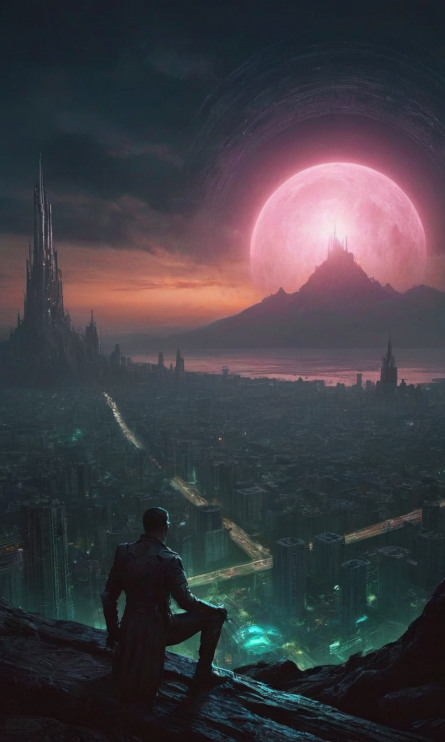
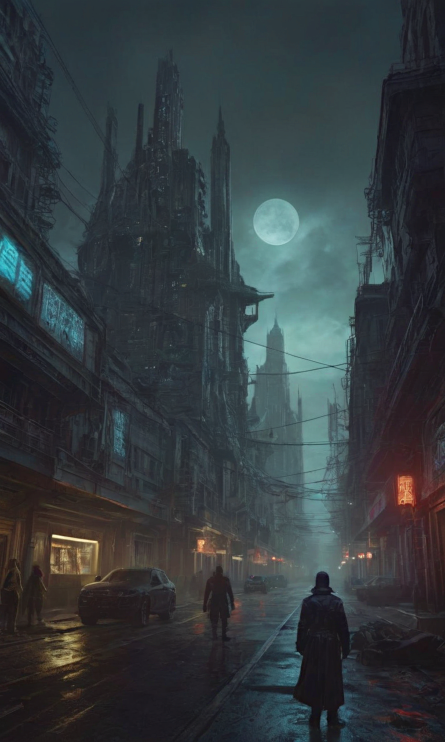
In the accelerating swirl of change ahead, the boundary between your subjective experience and objective reality will blur. Truth will no longer be found simply by looking outward to external authorities or prevailing narratives. Instead, you must seek and discover your truths from within.
The first essential practice is disciplined detachment; an approach that combines seemingly opposing qualities. Like a Vulcan, you must apply logic and dispassion to analyze complex issues, understand causality, and step back from emotional turmoil and the noise of the world. This logical detachment clarifies how the external “game” works, allowing you to see patterns and influences without becoming overwhelmed.
At the same time, you must embrace the Betazoid side of yourself; developing a deep, intuitive connection with your inner feelings, senses, and psychic impressions. This empathetic attunement helps you interpret what your inner world is telling you about reality beyond pure logic, honoring the subtle wisdom that emotions and instincts offer.
By combining these two modes [Vulcan logic with Betazoid intuition] you cultivate a powerful, integrated form of detachment. This balanced perspective enables you to move across and understand both the external world’s complexities and your internal truths.
The second practice is mastering your focus of attention—not limited solely to the inner world but extended outward to the world at large. Consciously choose to direct your attention toward what genuinely brings you joy and fulfillment. Whether it is a hobby, a type of work, a philosophy, or an inner state, focus your energy on what truly resonates with you.
Most importantly, learn to discern between your authentic self and the persona shaped by external forces and relentless media influence. This clarity allows you to invest your attention meaningfully, building a life aligned not with imposed dogmas but with your core being.
Though the world may try to reduce you to a reactive “meat machine,” hold firm in your belief in your innate and almost magical ability to create your reality through focused attention. Guard this precious energy wisely, spending it only on the life and experiences you truly desire.
This paradoxical integration [logical, dispassionate observation combined with compassionate, intuitive insight] and the deliberate focus of your attention are your keys not just to survive but to thrive in the unstoppable tide of change. In mastering this balance, you unlock the power to craft a meaningful, joyful, and authentic life, no matter what transformations lie ahead.
I would tell myself, “be a lunatic! Hang out with other lunatics and explore the seldom walked path. In a world where we are headed, it is the dedicated and highly focused artist that will prevail!”
ADDENDUM:
If I could sit down and talk to my 17-year-old self (especially living now, in this time where artificial intelligence is changing everything) I would share a message that’s a little surprising: To thrive in the coming years, you will need to be more human than ever before. These are not ordinary times. Old rules about careers and success no longer apply. The predictable paths (what you might have once thought of as safe office jobs or administrative work) are swiftly transforming or vanishing entirely, replaced by AI systems that can process data and handle routine tasks faster and more efficiently than any person.
Over the next five years, expect to see a major decline in jobs like entry-level accounting, bookkeeping, data entry, paralegal work, standard customer support, and even some aspects of project management: tasks that mostly require processing information, making routine decisions, and following set rules.
These roles are among the first to be absorbed by AI, which can do such work perfectly, around the clock, at a fraction of the human cost. Jobs that rely heavily on human creativity, empathy, judgment, critical thinking, leadership, and adaptability: like design, education, research, mental health services, skilled trades that require complex problem solving, and entrepreneurship, are likely to remain more stable and valuable. Teaching, counseling, inventing, and leading teams: these will still need the spark only people can provide.
But if you want to thrive, go beyond this and become cutting edge. Become an artist, bring into the world that which artificial intelligence can’t, which is true creativity from the void itself, and to do that you need to be not just a mere artist or inventor, the typical designer that you see everywhere that combines already existing things in sometimes clever ways. No, you must become a sorcerer that dives deeply into the void where artificial intelligence can’t go, and from there you must bring forth the unimaginable!
Even blue-collar jobs, once considered safer from automation, are beginning to shift. In the next five years, expect to see major changes in warehouse logistics, transportation (especially trucking and delivery), basic manufacturing, and even retail checkout and cleaning services, as robotics and AI combine for more cost-effective solutions. While jobs in construction, electrical work, and other skilled trades may hold steady a bit longer because they demand both technical skill and adaptability, eventually, these too will evolve as technology advances.
My advice to my younger self is this: Rather than fearing this change, embrace it. Make it your mission to learn about AI; understand what it does, how it thinks (so to speak), and how you can work alongside it rather than compete with it. The greatest opportunities come not from simply using these new tools, but from imagining new ways to use them, connecting unlikely ideas, and becoming the sort of person who brings their unique individuality to every challenge.
Don’t just learn to code or follow the trends. Instead, dive into the creative, the original, the personal. Become more self-aware. Keep developing your curiosity, your empathy, your problem-solving abilities, and your ability to collaborate with others. The real demand will be for people who show up as themselves and offer the world something it has never seen before.
In many ways, I see this era as the beginning of a cyberpunk future: strange, dynamic, sometimes chaotic, always full of adventure and unexpected possibilities. There is an excitement in building a life where the only constant is change, and the only limit is your imagination. Embrace that reality. Follow what you love, explore boldly, and remember: whatever you want, you can learn to do. The world is waiting for minds and hearts that dare to be fully themselves.
Be more yourself! Ever more, always more, here and now yourself. As one lunatic once said, “every man and every woman is a star.” Understand this phrase in the deepest level that you can, this is another critical point.

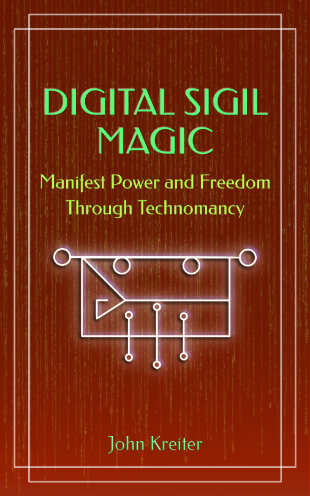
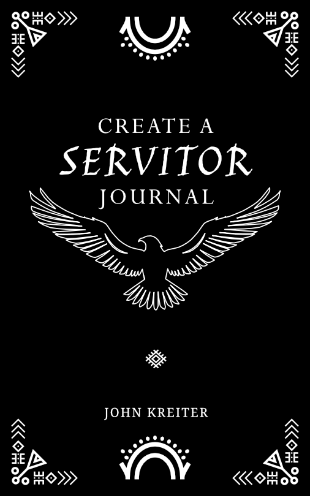
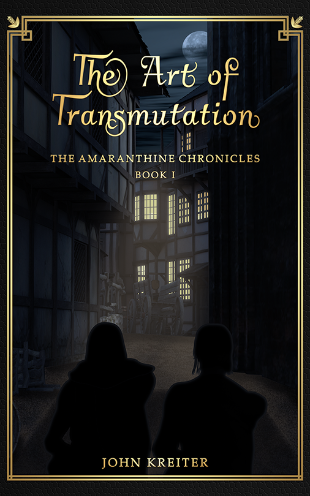
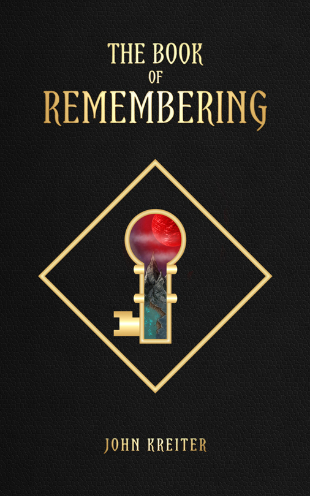
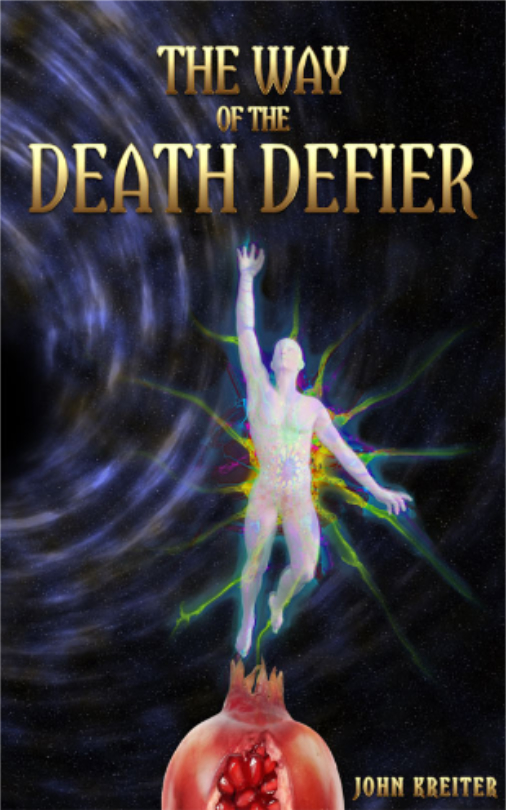
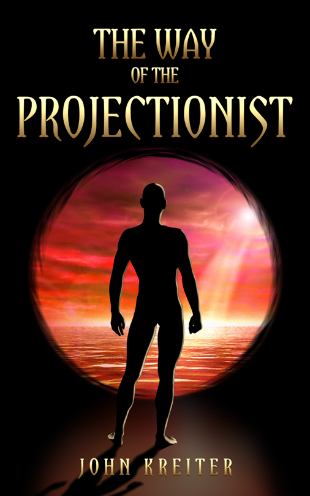
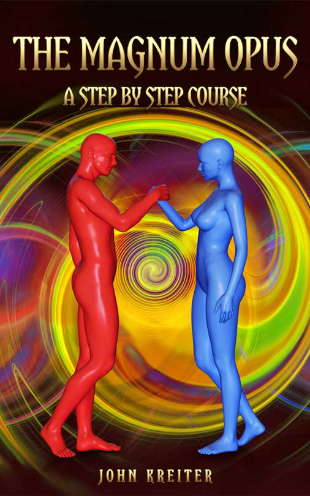
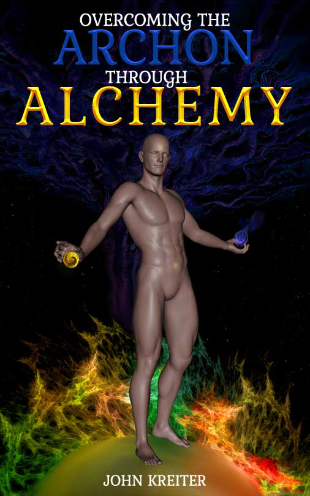
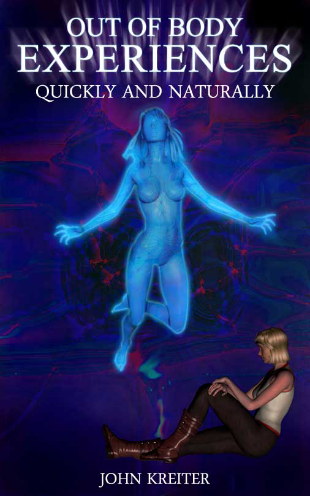
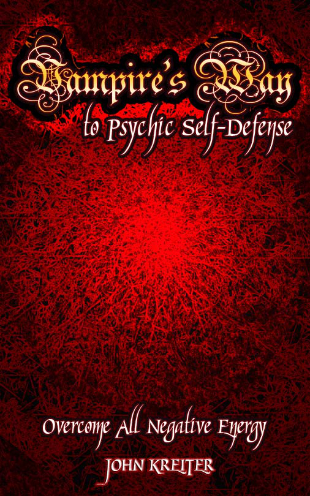
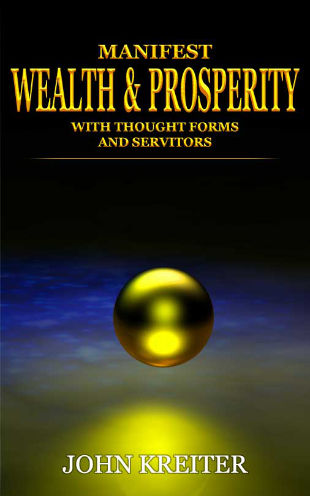
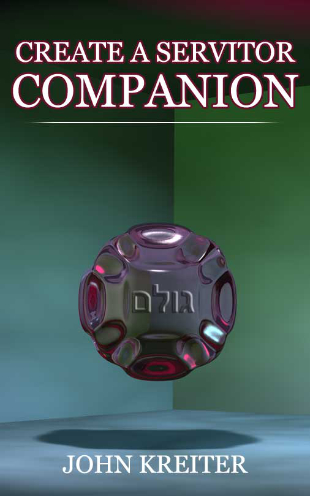
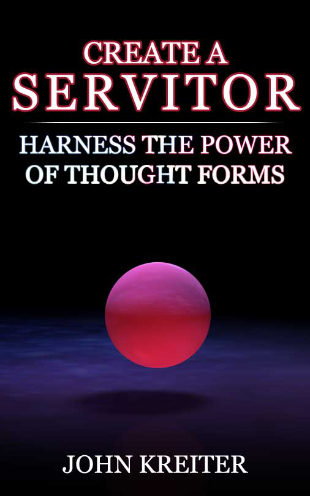
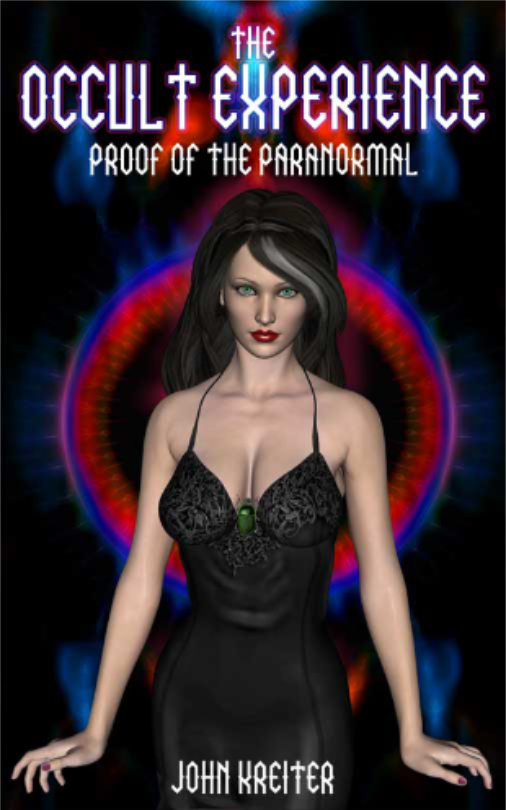
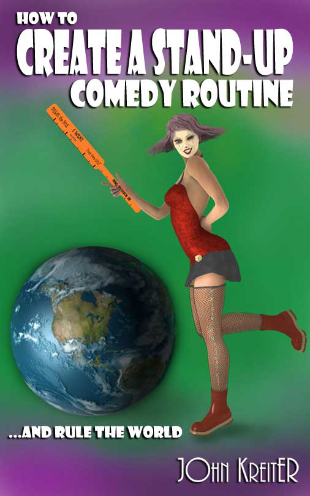
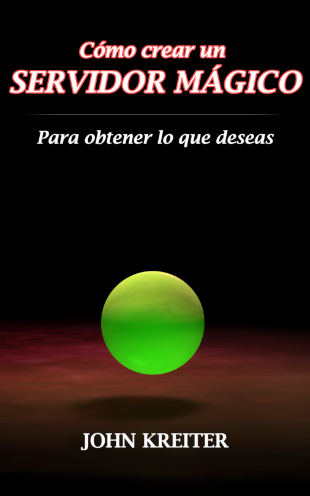
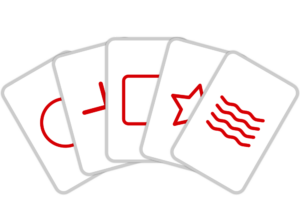
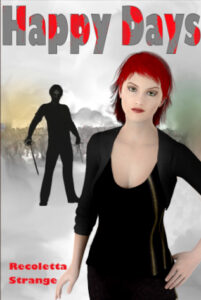
Leave a Reply